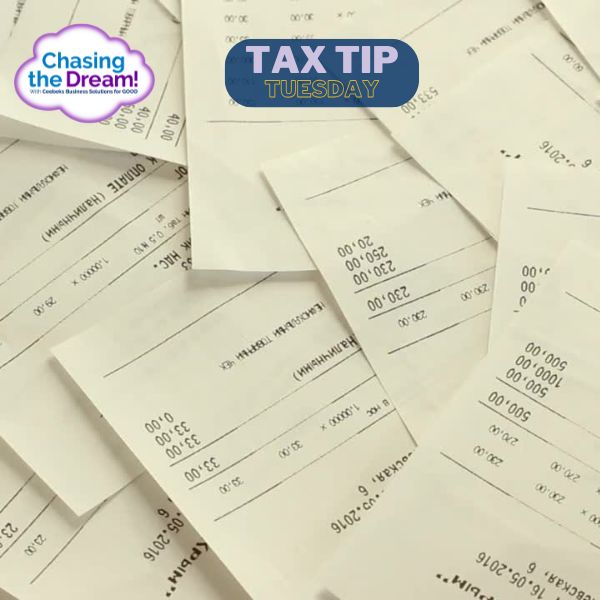As the restrictions on shopping increase due to the spread of Covid-19 it can be harder to get everyday essentials. Naturally people are turning to social media for assistance. Locally the Grocery Swap Warrnambool & Surrounding Areas Facebook Group has sprung up to help local families who are struggling to get the everyday basics. It is a pay it forward initiative rather than the traditional buy, swap and sell models. Read this before you start or join a group https://ab.co/2TZloc8.
It is also important to be wary of Covid-19 scams. Unfortunately, scammers are taking advantage of the spread of coronavirus to exploit and play on the fears of consumers across Australia.
Scammers are doing things such as falsely selling coronavirus-related products online, and using fake emails or text messages to try and obtain personal data. One example of a ransomware app that was causing havoc is Covid19 Tracker. Unsuspecting users who downloaded this app expecting to be able to track Covid-19 outbreaks were suddenly faced with a ransom notice threatening to leak social media accounts and delete your phone’s storage.
Other scams include phishing emails and phone calls impersonating the World Health Organisation, government authorities, and legitimate businesses – including travel agents and telecommunications companies.
If you think you have been scammed, you can make a report on the Scamwatch website, and find more information about where to get help.
Common types of coronavirus scams
Scamwatch have received reports of:
- phishing emails and phone calls impersonating entities. These include the World Health Organisation, government authorities, people confirmed to have the coronavirus, and legitimate businesses such as travel agents and telecommunications companies
- people receiving misinformation about the coronavirus, being sent by text, social media and email
- products claiming to be a vaccine or cure for the coronavirus
- investment scams claiming coronavirus has created opportunities.
Protect yourself
- Be aware of fraudulent emails claiming to be from experts saying that they have information about the virus. For the most up-to-date information about the coronavirus, visit the Department of Health and the World Health Organization (WHO).
- Be careful of fake online shopping sites requesting unusual payment methods such as upfront payment via money order, wire transfer, international funds transfer, preloaded card or electronic currency, like Bitcoin.
- The best way to detect a fake trader or social media online shopping scam is to search for reviews before purchasing. No vaccine or cure presently exists for the coronavirus.
- Don’t let anyone pressure you to make quick decisions. Take your time and consider who you are dealing with.
- Don’t click on links from sources you don’t know. They could download viruses onto your computer or device.
- Don’t open attachments or click on links in emails, text messages or social media messages you’ve received from strangers — just press delete.
- Never respond to unsolicited messages and calls that ask for personal or financial details — just press delete or hang up.
- Always keep your computer security up to date with anti-virus and anti-spyware software, and a good firewall. Only buy computer and anti-virus software from a reputable source.
- If you are planning to donate, do your research. If you are donating to crowdfunding requests, check the terms and conditions of funding platforms and ensure you are dealing with official organisations.
- If you are donating to an established charity or not-for-profit organisation, ensure it is registered and that you are on its official website by searching the Australian Charities and Not-for-profits Commission Charity Register.
- Stay up to date with latest consumer advice relating to COVID-19 (coronavirus) on the ACCC website at: www.accc.gov.au/covid-19.

